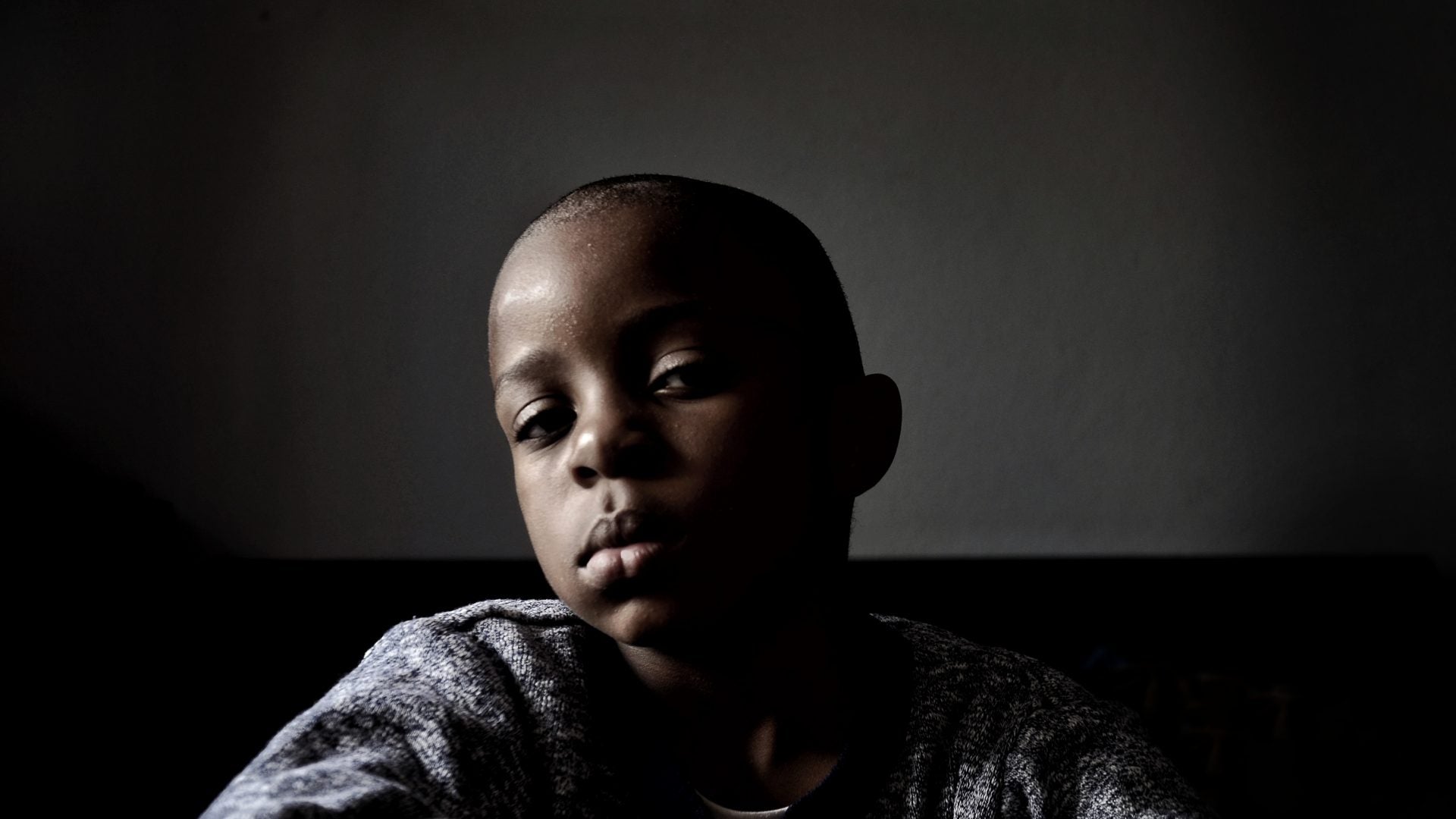
When Diane Elliot, 37, turned around in court Thursday she gasped when she saw community in action.
As ESSENCE previously reported, Elliott was captured on surveillance video Dec. 4 walking her 14-year-old son into Atlanta’s Grady Memorial Hospital. A nurse discovered him outside of the hospital several hours later. According to police, the teen was unable to respond to either verbal or written communication. It has since been confirmed that the child has Down syndrome.
Authorities arrested Elliot at the DeKalb County hotel where she had been living with her son and her three other children. She told police that she had become overwhelmed caring for them, so she decided to take her son to Grady and leave him there, where she believed he would be safe—possibly misunderstanding Georgia’s Safe Haven Law. The law allows caregivers to leave a child at a designated safe place, no questions asked.
Facing a first-degree child cruelty charge, Elliot was shocked when she turned around during her hearing and realized that mothers—mothers she had never met before, who also parent disabled children—had come out in full force to support her.
“From one mom to another, I am grieving for her,” Meagan Nash said. “But I want her to know the Down syndrome community — we are not judging. We are standing by her, ready to help.”
After seeing the show of support, the judge granted Elliot a signature bond and released her until her next court date.
“This isn’t just today,” Sheryl Arno, Executive Director of the National Down Syndrome Association said. “We are not leaving her. We are not leaving this family. We are in this for the long haul.”
Carla Griffin, a mother who left her child in a hospital for seven months over 10 years ago said that Elliot and her children could come live with her if need be, 11Alive.com reports. She also pointed out that even if you know where to go for resources for your child, access is limited.
“I did, I abandoned my son in the hospital for seven months,” Griffin said. “…people stop answering the phones. There are no other choices. They do the best thing their hearts [can] do—without jumping off a ledge.”
Several mothers in support of Elliot made it clear that her child belongs with her, and not in the system. According to the National Council of Disability, disabled youth and/or youth with special health care needs in foster care are considered “multisystem” youth when they come into contact with multiple systems such as the child welfare, health, mental health, and/or juvenile justice systems.
And these young people are more likely to experience abuse within these systems.
Now, Elliot, with her new community behind her, still has to fight for her children to be returned to her.
The Down Syndrome Association of America has set up a fund for Elliot and her family. Click here to contribute.
*****
If you are a parent of a disabled child or a child with special needs within the state of Georgia, you can visit Parent to Parent of Georgia and Georgia Resources for Children with Special Needs for resources and additional help. Nationally, parents can visit this roundup of sites that cater to the specific community.